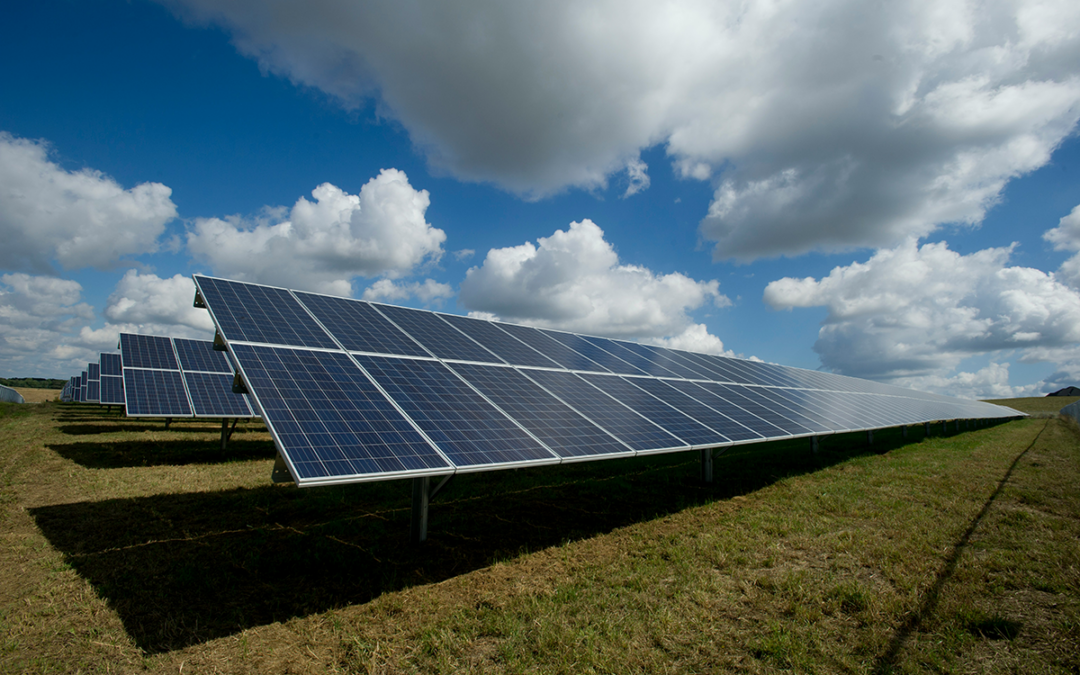Solar panels are becoming more common on rooftops and in solar parks, but there’s a growing concern that they could be vulnerable to cyberattacks. This risk isn’t just limited to big energy companies—small businesses and homeowners are also at risk. If hackers manage to access these systems, it could have broader implications for the economy.
Why Are Solar Panels Vulnerable?
The main issue lies with the inverters—the devices that convert the energy your solar panels produce into electricity that can be used by your home or business. Many of these inverters are connected to the internet, making them a target for hackers. If someone were to hack into these systems, they could potentially cause disruptions by turning the inverters on or off remotely.
Who Is Affected?
Larger energy companies are aware of these risks and have taken steps to protect their systems. However, millions of smaller players—like small businesses and individual homeowners—might not be as prepared. According to cybersecurity experts, these smaller systems often don’t get the same level of attention when it comes to security, even though they collectively make up a significant portion of our energy supply.
The Bigger Picture
While the failure of a single solar panel installation might not seem like a big deal, the impact could be much more significant if a large number of systems were affected at once. In the worst-case scenario, this could lead to local or regional power outages, which could disrupt daily life and essential services.
What Can Be Done?
Legislation is being developed to better protect these systems, but experts are urging that these measures need to be implemented faster. The interconnected nature of our power grid means that waiting too long could leave us vulnerable.
Conclusion
The risk of a nationwide blackout due to a cyberattack on solar panels is low, but even short-term disruptions can have a big impact. It’s important for everyone—from large energy companies to small businesses and homeowners—to be aware of these risks and take steps to protect their systems.
